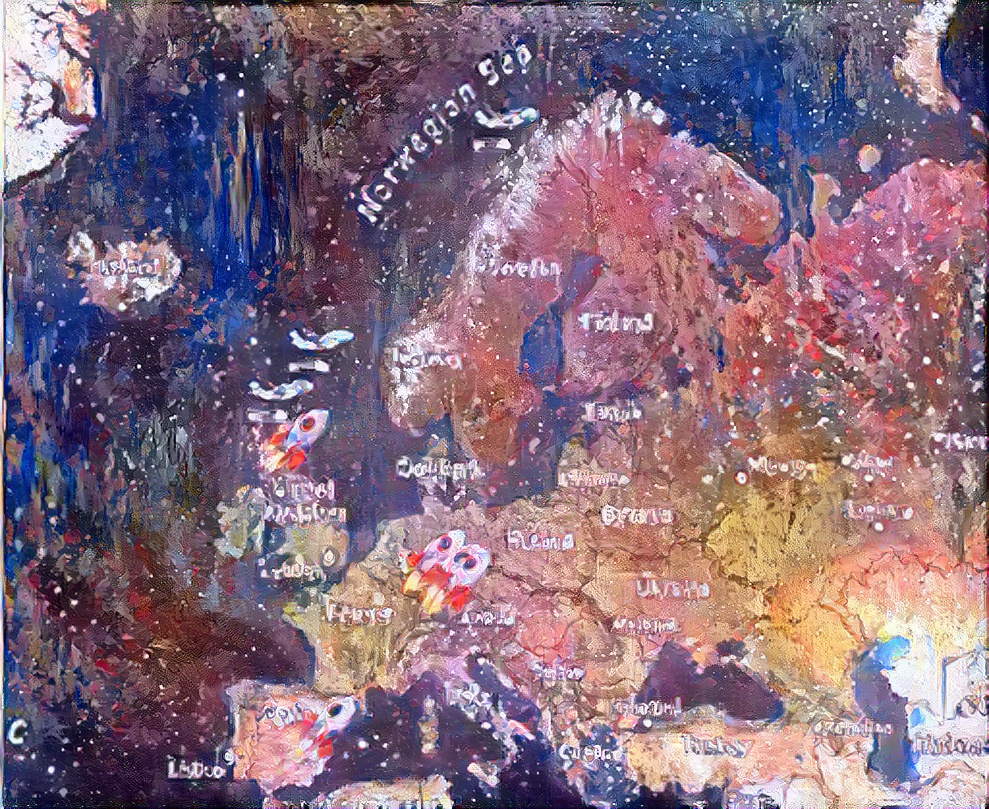The European Space and Rocket Companies to watch out for in 2024
As we move into 2024, the landscape of space exploration and satellite deployment is increasingly dominated by a group of 10 European space launch companies. These startups and established companies are trying to push the boundaries of European-made launch technology and ensure Europe’s competitiveness in the global space race.
Today we’re introducing you the top 10 European Space Companies to look out for in 2024 and beyond with their capabilities, rockets and plans for the future.

Overview of European Space Companies 2024
| Rocket Company | Country | Type | Rocket |
|---|---|---|---|
| Rocket Factory Augsburg | Germany | Private | RFA One |
| Isar Aerospace | Germany | Private | Spectrum |
| Latitude | France | Private | Zephyr |
| Orbex | UK, Denmark | Private | Prime |
| Skyrora | UK, Ukraine | Private | Skyrora XL |
| PLD Space | Spain | Private | MIURA 5 |
| HyImpulse Technologies | Germany | Private | HyPlox |
| Arianespace | France | Governmental | Ariane |
| Avio | Italy | Governmental | Vega |
| Maiaspace | France | Governmental | Maiaspace |
1. RFA – Rocket Factory Augsburg (Germany)
Based in Germany, Rocket Factory Augsburg has emerged as a key player in the European space sector. A subsidiary of German aerospace giant OHB, it is focused on developing cost-effective and reliable launch solutions. RFA aims to revolutionize access to space for small and medium-sized satellites with their RFA One low-cost and high production frequency. Another specialty is their Orbital Stage “Redshift“. Their proprietary rocket technology promises to offer flexible launch schedules and optimized orbital delivery.
Payload capability: Around 1.500 kilograms to LEO
2. Isar Aerospace (Germany)
Isar Aerospace is another German venture that’s at the forefront of the European space launch industry, driven by its mission to provide affordable and sustainable space access with its Spectrum rocket. Operating out of Munich, Germany, Isar is developing a launch vehicle capable of carrying payloads of up to 1.200 kilograms to low Earth orbit (LEO).
Isar is the leader when it comes to funding raised and is one of the pure “Venture Capital” based plays in European spaceflight. With over 150 million in funding, the launch of the Spectrum rocket from Andoya Space Centre in Norway is long awaited.
Payload capability: 1.200 kilograms to LEO
3. Latitude (France)
Latitude, a young French newcomer to the space launch scene, is making waves with its innovative approach to rocket engineering. The company is developing the Zephyr launch vehicle and focusses on a dedicated service for micro and nano satellites. So far, Latitude has raised a good amount of funds from private entities and VCs and plans to launch their first Zephyr version in 2025.
Payload capability: 100 kilograms to LEO, future version with higher payload
4. Orbex (UK and Denmark)
Orbex is a UK and Denmark-based company that stands out for its commitment as a launch vehicle and space port developer. Having taking over the management of the Space Hub Sutherland and also developing the Orbex prime rocket, Orbex is taking over a double role in European space. Orbex’s technology (of course its “eco-friendly”) aims to deliver small satellites into dedicated orbits.
Payload capability: 180 kilograms to LEO
5. Skyrora (UK)
Skyrora is another UK-based company making strides in the space launch market. Their launch vehicles, the Skyrora XL and its development vehicles Skylark Nano, Micro, L, SkyHy, have seen some progress, though things have been quite as of late. With funding coming from a set of private investors, Skyrora is working towards its first launch of its rocket.
Payload capability: 300 kilograms to LEO
6. PLD Space (Spain)
From Spain, PLD Space has been in the game for over 10 years and is certainly what we call a “rollercoaster” company. PLD is developing the MIURA rocket and has so far one sort-of successful launch of their suborbital MIURA 1 rocket in 2023. PLD Space’s technology aims to facilitate frequent and reliable access to space, and they do at least have some plans for reusability, though nothing before the years 2026.
Payload capability: 500 kilograms to LEO
7. HyImpulse Technologies (Germany)
HyImpulse Technologies, based in Germany, specializes in hybrid propulsion technology for rockets. This innovative approach combines the benefits of solid and liquid fuels, offering a safer and more flexible alternative to traditional propulsion methods. For their first test launch of the suborbital variant of their rocket, they shipped the fully fueled rocket to Southern Launch in Australia, proving the rocket is safe and easy-to-handle.
Payload capability: 250 kilograms to LEO
8. Arianespace
Arianespace is a veteran in the space launch sector and a cornerstone of Europe’s space industry. With a long history of successful launches, the company offers a range of services, including the launch of satellites to various orbits and missions to the International Space Station (ISS). Arianespace continues to play a crucial role in maintaining Europe’s presence in space.
9. Avio (Italy)
Avio, an Italian aerospace company, is renowned for its leadership in the production of space launch vehicles and propulsion systems. Avio’s flagship project, the Vega rocket, is a testament to Europe’s engineering prowess and commitment to space exploration. Designed for the lightweight satellite market, Vega provides a versatile and reliable launch option for scientific and Earth observation missions. With a focus on innovation and sustainability, Avio is dedicated to advancing propulsion technologies that reduce environmental impact, demonstrating a commitment to a future where space access is more efficient and eco-friendly. Through its contributions, Avio solidifies Europe’s strategic position in the competitive space launch industry.
10. Maiaspace (France)
Maiaspace is technically a subsidiary of Arianespace that was started only recently. Standing 50 meters tall with a diameter of 3.5 meters, Maiaspace’s launch vehicle is designed to deliver payloads of up to 1,500 kilograms to Sun-Synchronous Orbit (SSO) in its expendable configuration, and 500 kilograms in a reusable format. A notable feature of Maiaspace’s technology is the Colibri third stage, powered by a Hydrogen-Peroxide/Ethanol engine. This advanced propulsion system allows the vehicle to carry payloads up to 2.5 tons to SSO, a capacity that rivals, or even surpasses, the Vega C rocket. With rigorous testing regimes, including weekly tests of the Colibri stage, Maiaspace demonstrates a commitment to reliability and performance.
Want to learn more about European Spaceflight?
We have plenty of content regarding launch vehicles, providers and spaceports. Take a look at our in-depth analysis of launch sites all over Europe and make sure to follow us on Twitter for more frequent updates!


